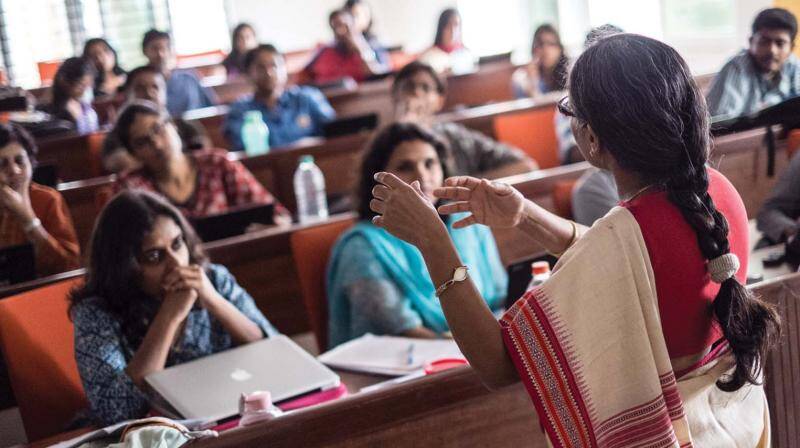

THIRUVANANTHAPURAM: The four-year degree programme, introduced with the promise of allowing students to choose and study subjects of their preference, has failed entirely after just two semesters. The exams for the second semester are set to begin on the 21st of this month, but 30% of the syllabus remains untaught. Only 35 teaching days have occurred, even though 90 were required. Teachers spend much of their time in workshops on syllabuses and question papers. In March alone, they attended three days of workshops and received two days of leave to prepare question papers, resulting in five days of lost classes. Teachers prepare and submit these papers to the university. Although the university should manage the second-semester evaluation, there are misguided attempts to shift this responsibility to colleges.
Students face the difficulty of studying without books. Since this is a new syllabus, no printed textbooks exist. The available references are costly international books, priced at Rs 3000-4000, which are often not available in libraries. Teachers are photocopying relevant pages to share with students. In addition, after going through three-quarters into the second semester, the syllabus changed. With holidays nearing, many chapters were excluded. Exams will be held without teaching them.
This course was designed for students to study combinations of their choice, but many colleges fail to offer such flexibility. Course options (baskets) are created based on teacher availability and workload.
A directive assigning organisations such as ASAP, Keltron, and IHRD to provide vocational and skill training in the third and fourth semesters has also seen no action. The announced reduction in the examination fee by 35% during the second semester has yet to be implemented. There is also growing demand to eliminate the requirement that only students scoring 75% of marks over three years can continue to the fourth year, as those falling below this threshold will be restricted to a three-year degree.
No clear criteria exist for switching courses, subjects, or institutions. Students should be allowed to change their major and minor subjects by the third semester. A clear Standard Operating Procedure (SOP) is also needed to enable transfers between colleges and universities.
"75 study days per semester will be sufficient. Classes from January to April 20 will ensure adequate teaching. The university will oversee the second-semester evaluation. Skill and vocational training are planned for the later semesters. The examination fee reduction will happen soon," stated Dr K.S. Anilkumar, Registrar, University of Kerala.